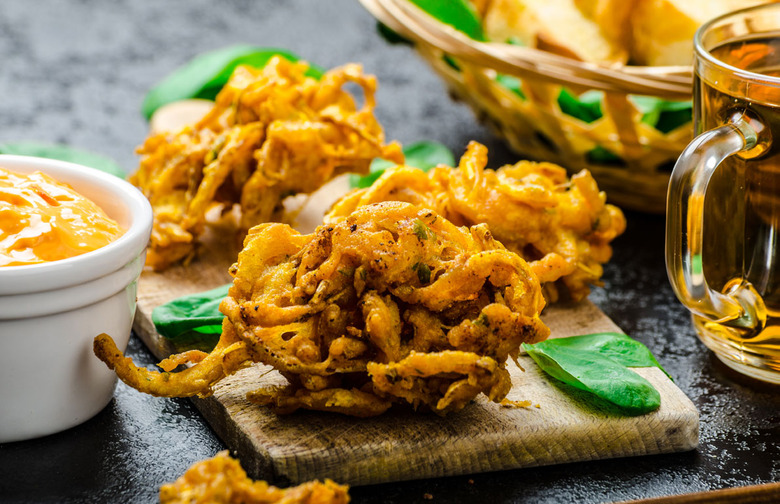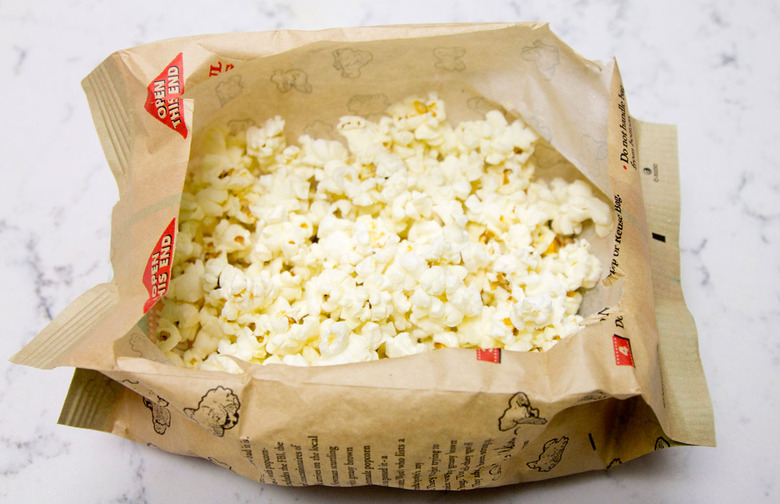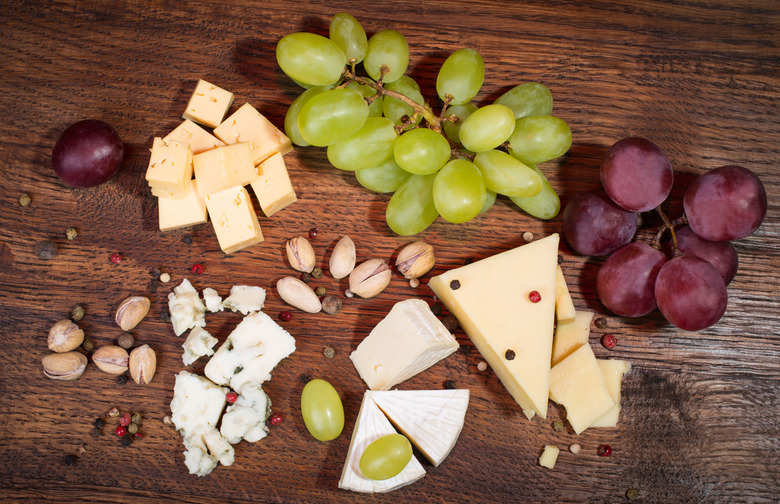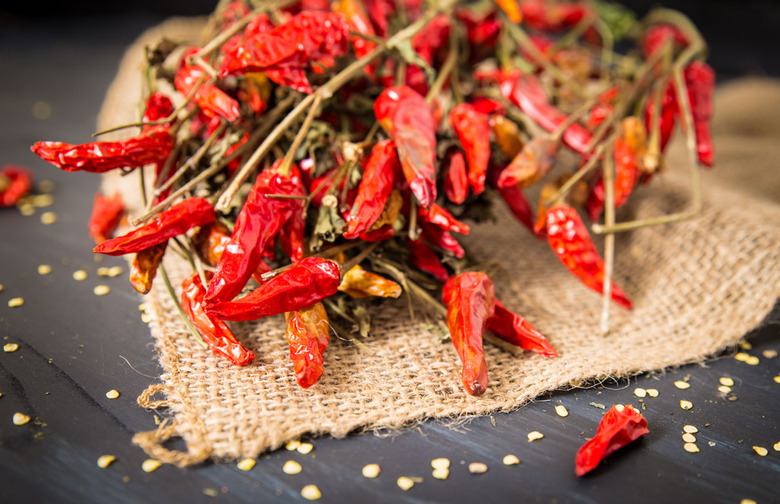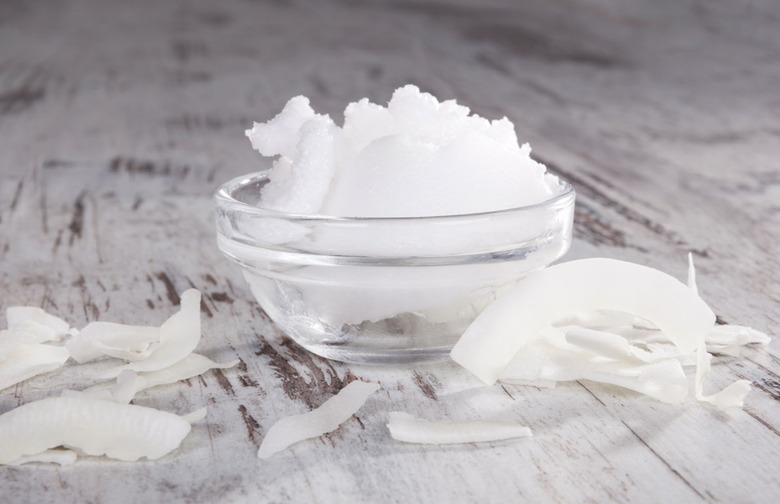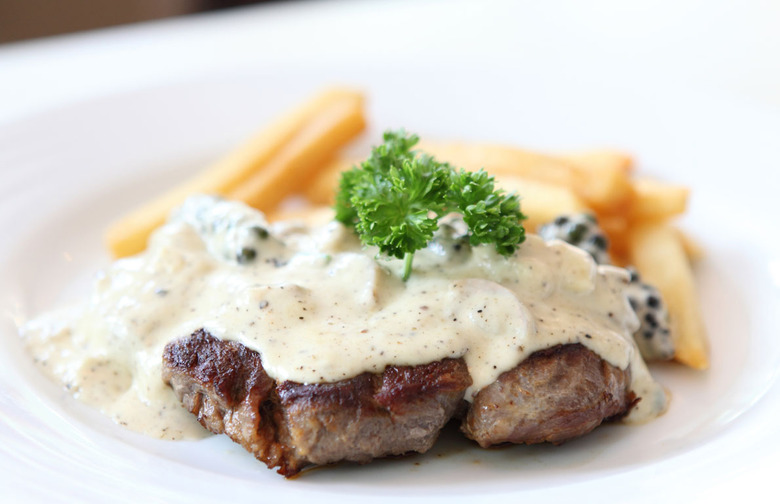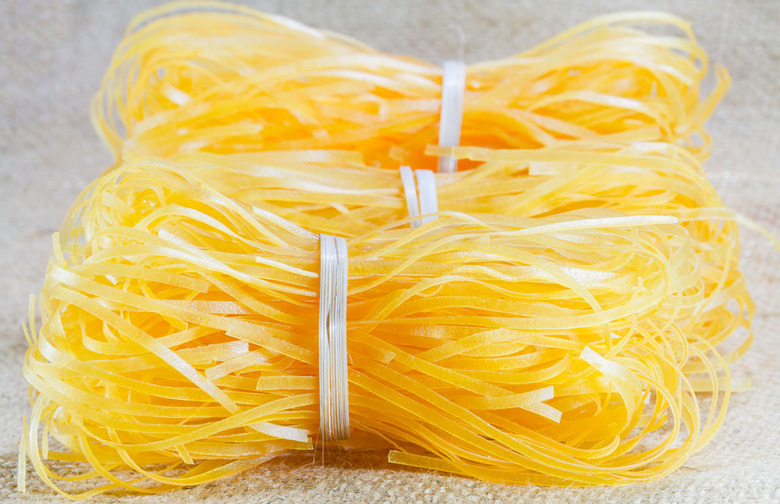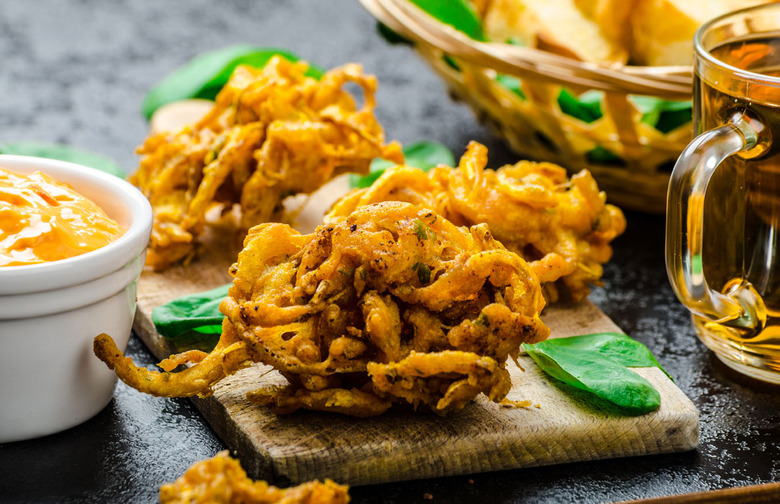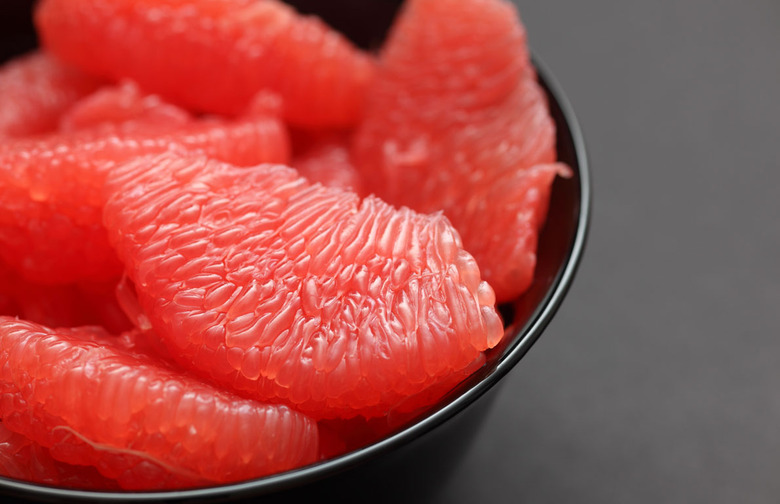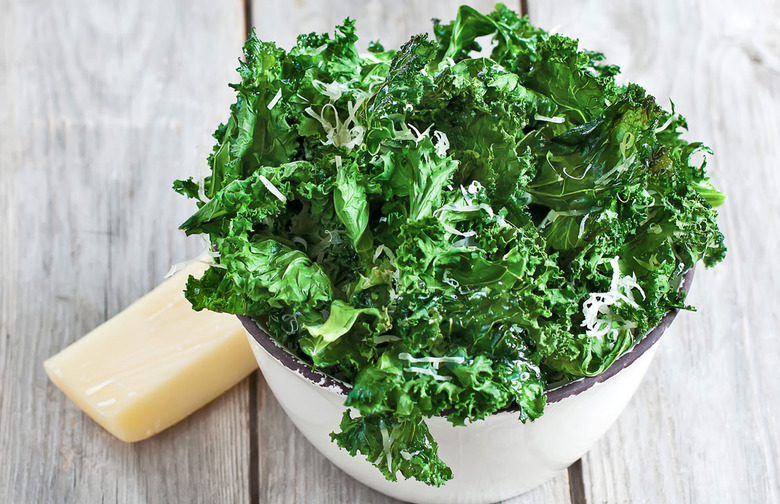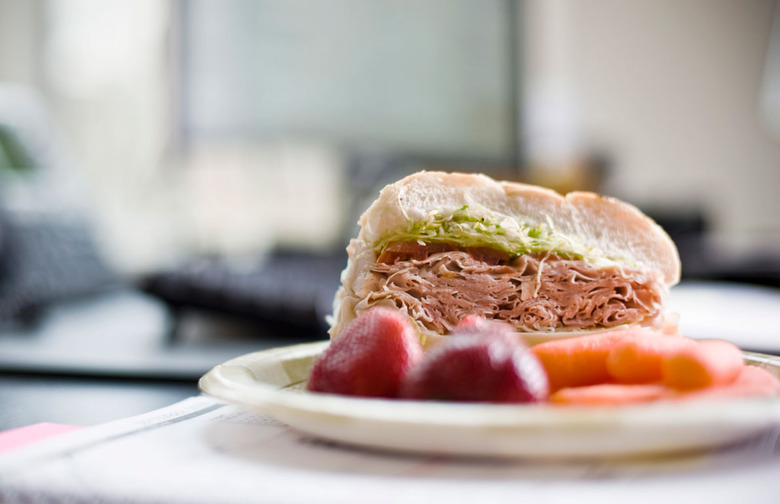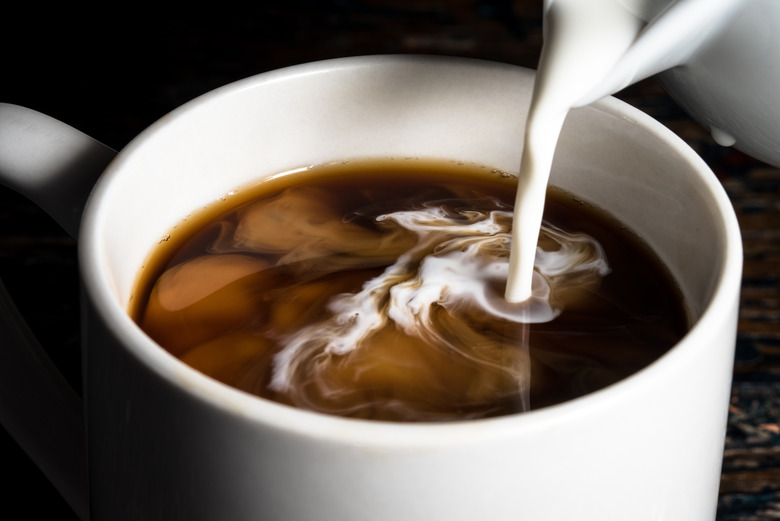Foods To Avoid If You've Recently Had A Heart Attack
Surviving a heart attack can be both terrifying and isolating. The road to recovery is long and often painful as sufferers make sweeping lifestyle and dietary changes designed to help them come out of the experience heart-strong. But heart attack survivors are not alone. According to the Center for Disease Control, 735,000 Americans have heart attacks every year. Of these, over 525,000 are first heart attacks. Doctors and dieticians agree that the best way to prevent a second heart attack is to change diet, exercise, and other habits.
Buttered Popcorn
Plain popcorn actually has more health benefits than most snacks; it provides fiber and antioxidants. However, most microwave brands contain butter and loads of salt, which adds a lot of fat and sodium. So snack away, but check the label and make sure that all you're getting is popcorn.
Cheese
While you don't have to swear off cheese forever, Lori Williams says that patients who've recently suffered a heart attack should think of cheese as a treat to be enjoyed in moderation. "Foods high in saturated fats, such as cheese, should be eaten sparingly," says Williams.
Chili Peppers
Spice lovers may have to cool it after a heart attack, according to Dallas-based cardiologist Dr. John A Osborne. "Hot chile peppers could cause swelling of the blood vessels due to their capsaicin, and thus a fall in blood pressure," says Dr. Osborne. "They are also very high in beta-carotene, which has been shown when given in supplement form to increase the risk of heart attacks."
Coconut Oil
Coconut oil is trendy these days, finding its way into everything from hair care products to skin lotion, but it could be pretty bad for your heart. According to Harvard Medical School, coconut oil is 90 percent saturated fat, which is 26 percent higher than actual butter (not that heart attack survivors should pile on the butter in lieu of coconut oil).
Cream Sauce
Cream sauce is traditionally made using butter or oil, flour, and whole-fat milk or cream, and each of those foods tops the National Institute of Health's list of foods to avoid for a healthy heart. The butter, oil, and dairy contain more than the recommended daily allowance of saturated fat, and the refined white flour causes weight gain, which further stresses the heart.
Egg Noodles
Egg noodles can seem like a heart-healthy alternative to starchy pasta, but the problem is that they compound the cholesterol of eggs without the added benefits, like protein and B vitamins.
Fried Food
This one should be a no brainer, but sometimes fried foods are labeled "healthy" because they're pan fried in healthier oils, like olive or canola. But healthier oil alternatives should be used sparingly, says Lori Williams, and even frying in healthy oil will be detrimental to weight loss and heart health. "Oils are made up of fat, which has twice as many calories as foods made up mostly of protein or carbohydrates," Williams says.
Grapefruit
While heart attack survivors are often encouraged to eat more fruit, they might want to check with their doctors about possible side effect before eating grapefruit. "Grapefruit can interact with several heart medications, including cholesterol-lowering drugs such as simvastatin or Zocor," Dr. Osborne says.
Kale and Spinach
This may seem counterintuitive, since leafy greens are usually touted for their health benefits, but kale and spinach can both cause harmful side effects when they interact with certain medications. "Unfortunately, if someone is taking warfarin, a blood-thinning medication, after a heart attack, then some of the green leafy veggies, particularly kale and spinach, might interfere with the anti-clotting effects of warfarin," Dr. Osborne says. "The good news is that we have several new medications that replace warfarin which are more effective, safer, easier to take, do not require monitoring, and, importantly, do not have the food interactions that warfarin has."
Lunch Meat
Lunch meat can be surprisingly high in sodium, and it may even weaken your heart. Sodium nitrate is often used as a preservative in popular lunch meats, and the preservative could make your arteries harden, according to research done by the Mayo clinic.
Non-Dairy Creamers
Just because there's no dairy in that creamer doesn't mean it's good for your heart. According to the Mayo Clinic, recent heart attacker survivors should attempt to cut saturated fats out of their diets. But the label on "low fat" non-dairy creamer is misleading. There's typically a full gram of saturated fat in each teaspoon, and if you're drinking coffee daily, you may be taking in more fat than you realize.
